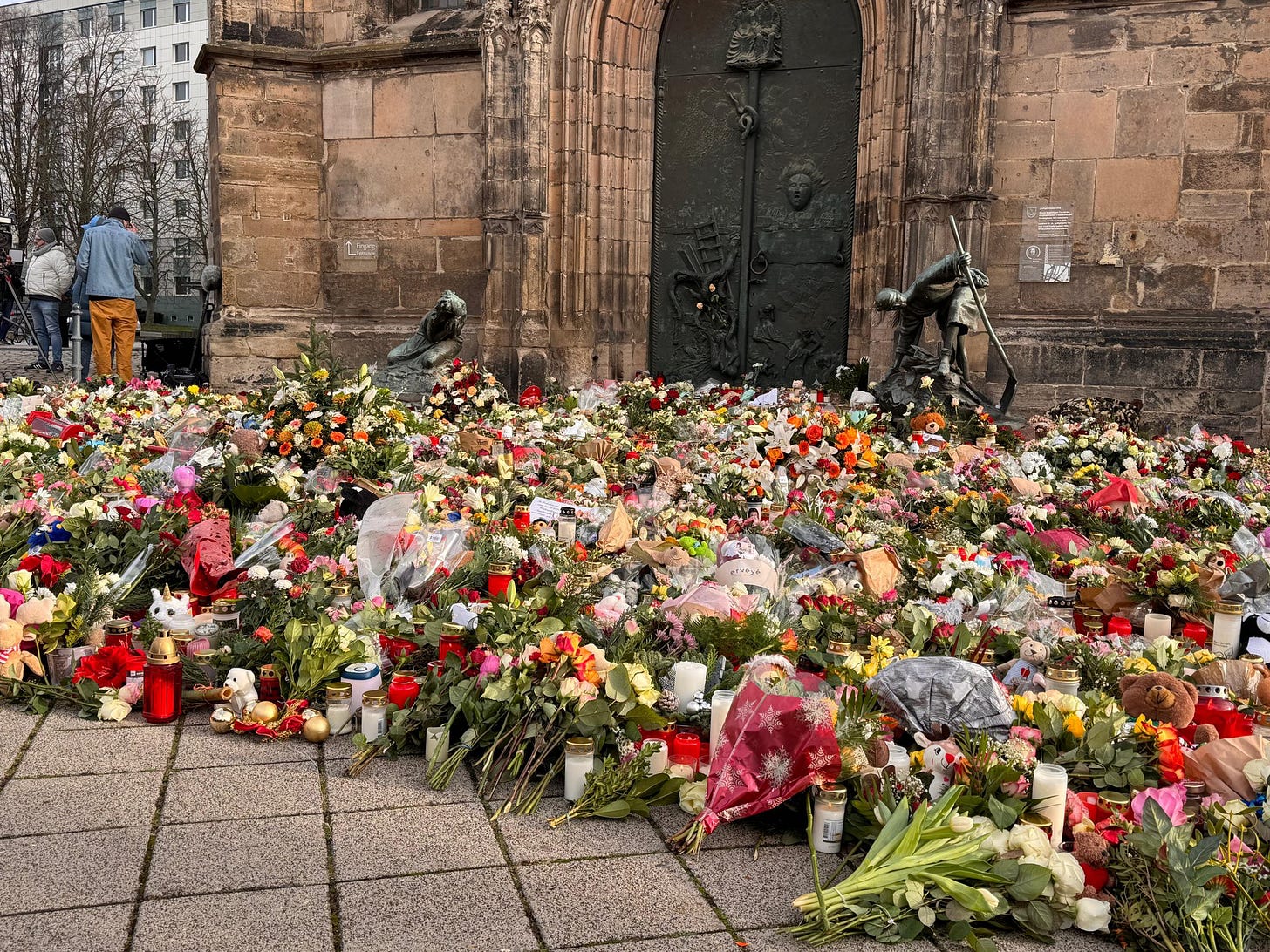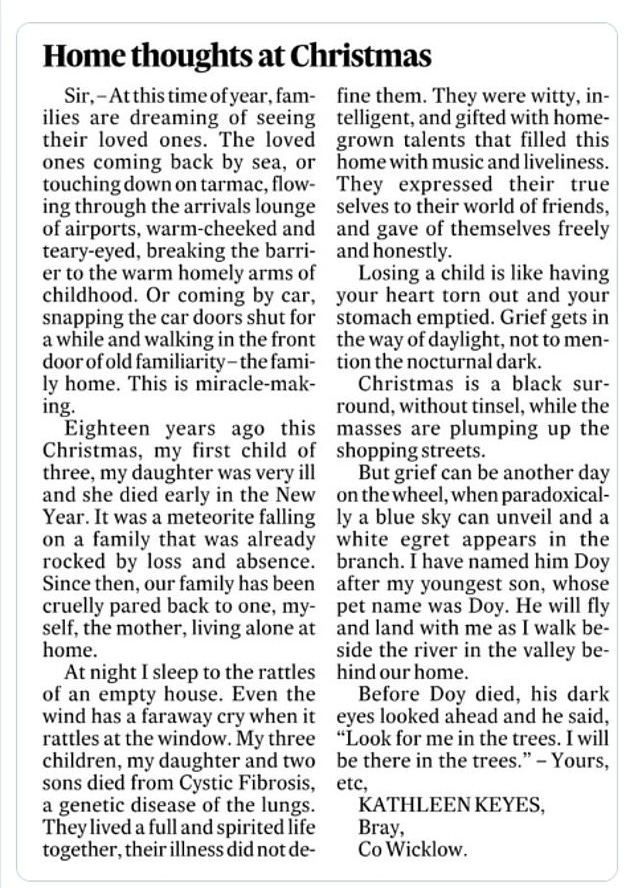Why Christmas still matters
Yesterday afternoon, I was strolling past St Peter Mancroft - a magnificent old church in the heart of the fine city of Norwich - as a steady stream of worshippers were emerging into the cold air outside. A well-attended Christmas service had evidently just concluded.
There seemed a cheery air about the whole scene, with many congregants, doubtless fortified by the belting out of a few carols, chatting away merrily – probably in some cases to complete strangers – before going on their way.
The spectacle reminded me that Christmas remains an event that helps to bring out our basic humanity – a time for us to come together and momentarily be that bit warmer and friendlier towards each other than we might be for the rest of the year.
It also allows us for a brief moment to reconnect with our past. As cultural traditions fast erode in this rapacious, globalised world of ours, Christmas is one ancient custom that, notwithstanding the commercialism and frenzy that these days accompany it, hasn’t yet, unlike so many others, been entirely destroyed by the fierce and uncompromising storms of modernity.
For millions across the Christian world, it still means something. It rekindles those feelings of intense excitement that are unique to being a child on Christmas eve and conjures up special memories of happy and carefree hours spent with family members, perhaps with long departed parents or grandparents. It reminds us, too, that the sentiments of charity and compassion for our fellow man haven’t completely disappeared from our world, and I think that many people are glad to be assured of it.
Christmas, for many, speaks to who we are as a people and what matters most to us. It is precious for that. And that is why the recent atrocity in Magdeburg, Germany, which saw five killed and scores wounded after a car was driven at high speed into a Christmas market, stirs in us a searing sense of violation. An attack of that kind strikes at everything we hold dear: family, community, tradition, faith, culture.
And the more that citizens across the West feel under threat from such violations – the like of which were virtually unknown just a couple of decades ago – the more they will turn to those who are unapologetic in saying that in rushing to embrace the new globalised world, with everything it has meant in the way of rapid and profound economic, social and cultural disruption, our leaders committed a grave error, one that by now – who knows? – may be irremediable.
It is impossible, in that context, not to conclude that there needs to be an urgent return across Western societies to the politics of belonging, place and community – a recognition that the relational matters more than the transactional; that our nations are homes, not shops or global ‘hubs’; and that the beliefs and customs and traditions that have sustained our families and communities for generations still have a lot to teach us.
Without this recognition, we can almost certainly expect to hear a lot more from the likes of the AfD in Germany, Reform in Britain and other so-called ‘populist’ forces in 2025. We can hardly say we were not warned.
But that’s a debate for another day. For now, I want to wish all of my subscribers a very merry Christmas, and to thank you all for your support throughout 2024. I hope that you are able to enjoy a happy and restful few days with your loved ones.
I will leave you with this deeply poignant letter, written by Mrs Kathleen Keyes of Bray in the county of Wicklow and published in the Irish Times a few days before Christmas in 2019. The letter reminds us that we are not all so fortunate as to be surrounded at this time of year by those dearest to us. It never fails to move me. If you are among those spending Christmas alone, you are in my thoughts.
A reminder that you can follow me on X/Twitter: @PaulEmbery




Merry Christmas Paul and thank you for your words of wisdom and sanity. God bless ✝️🙏❤️
Happy Christmas to you. You'll note I did not say happy holidays. Not a Christian myself but very irritated by the determined efforts I see often to make Christmas invisible. Your post was a nice reminder of its importance.